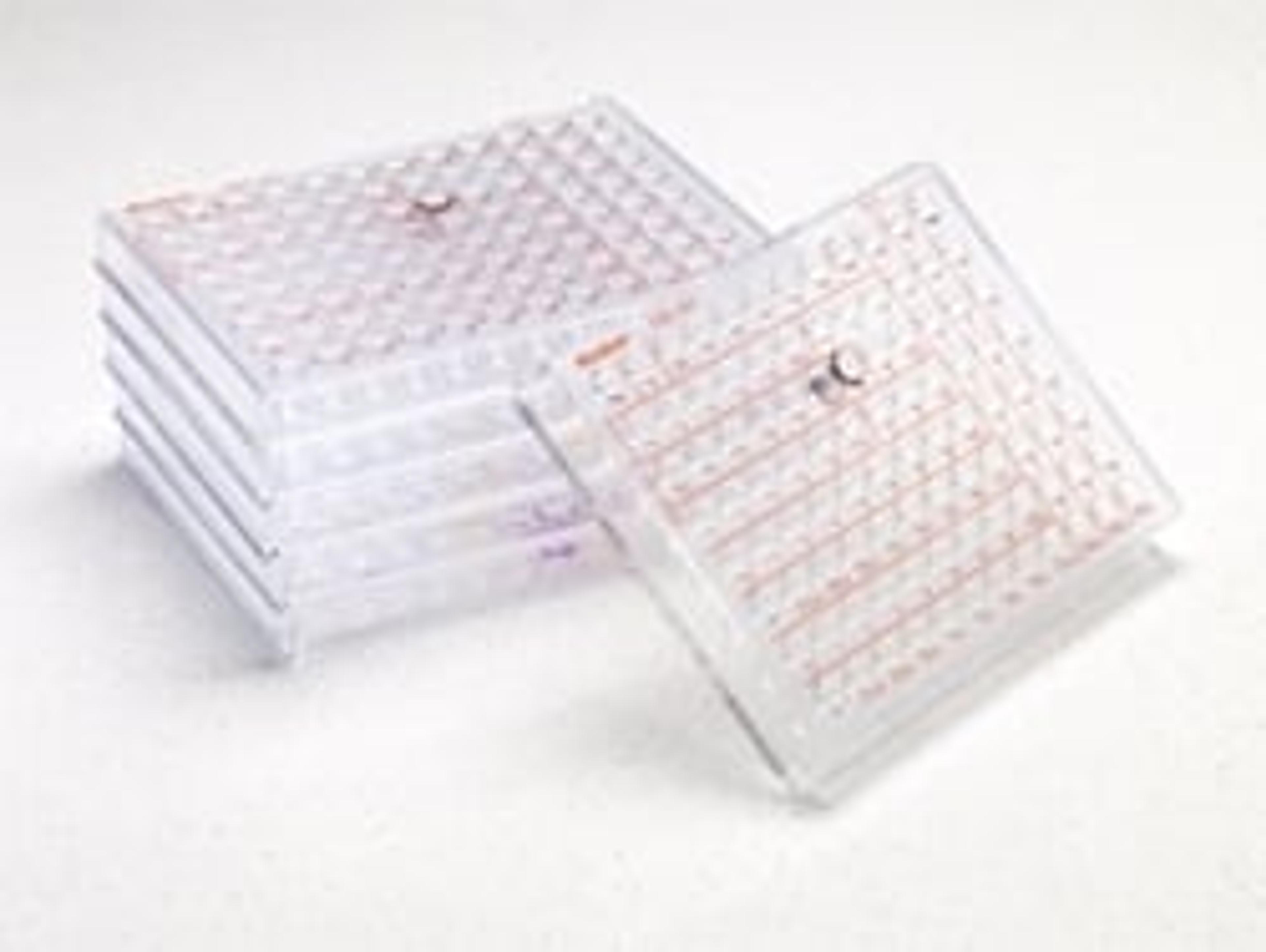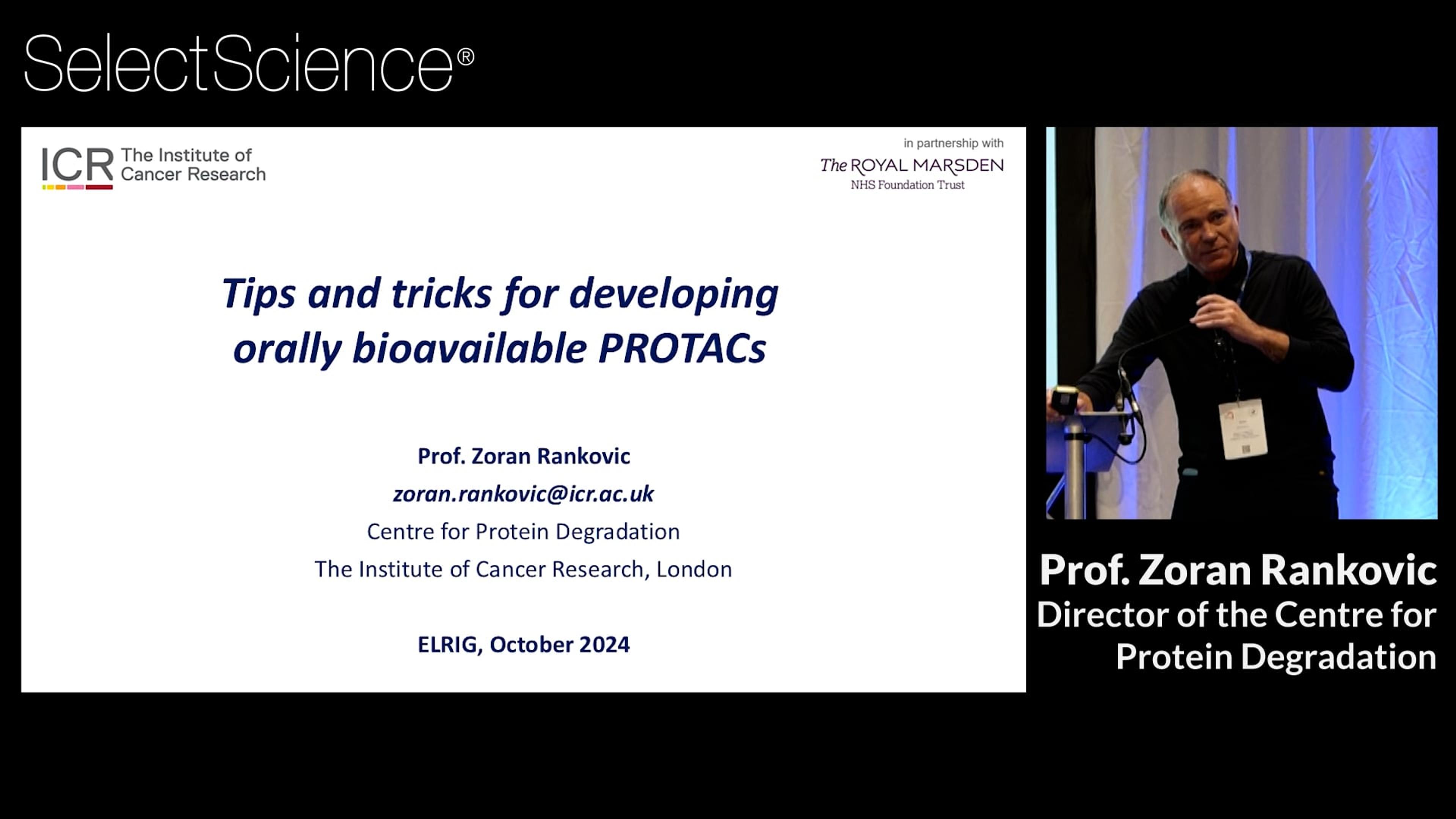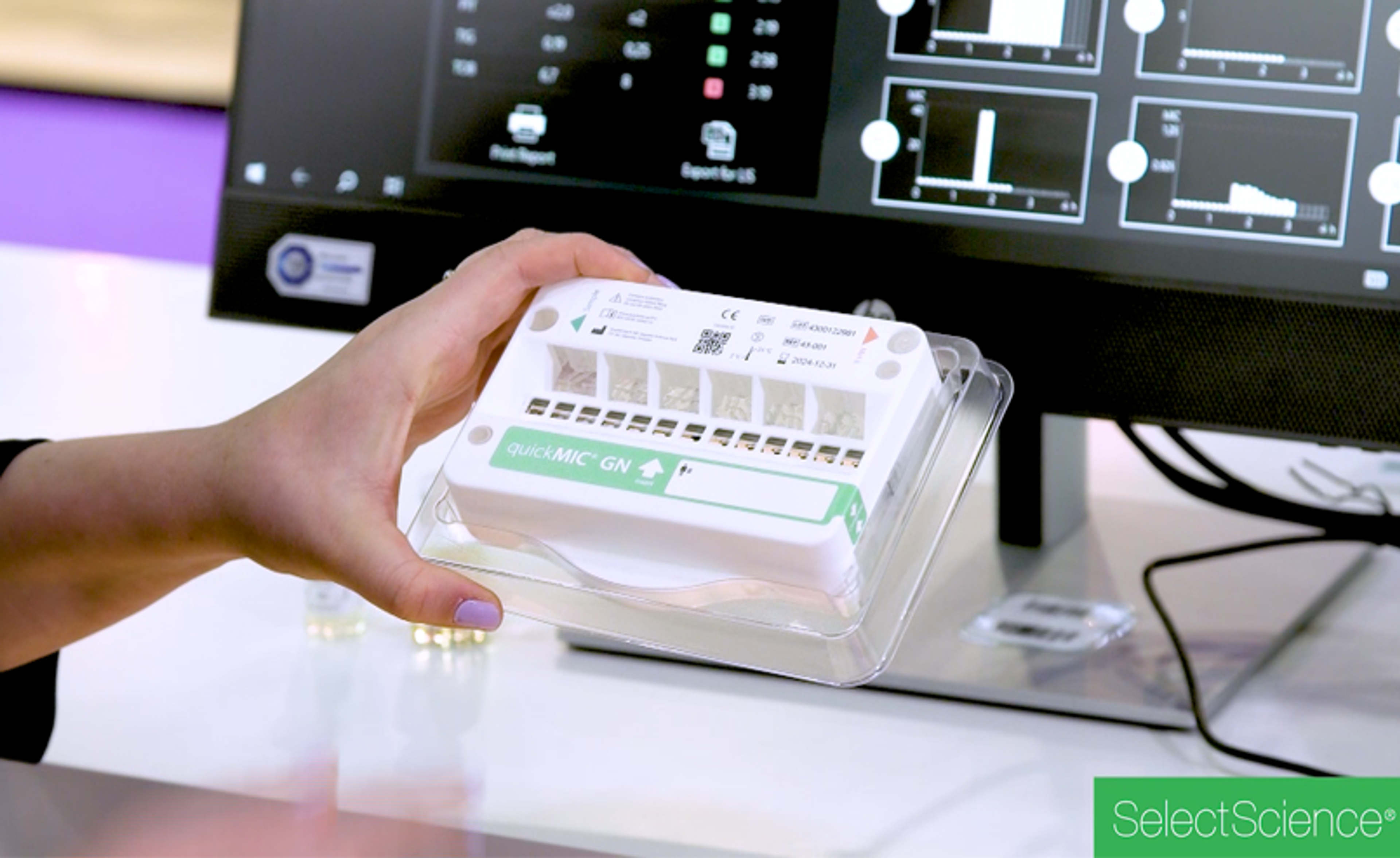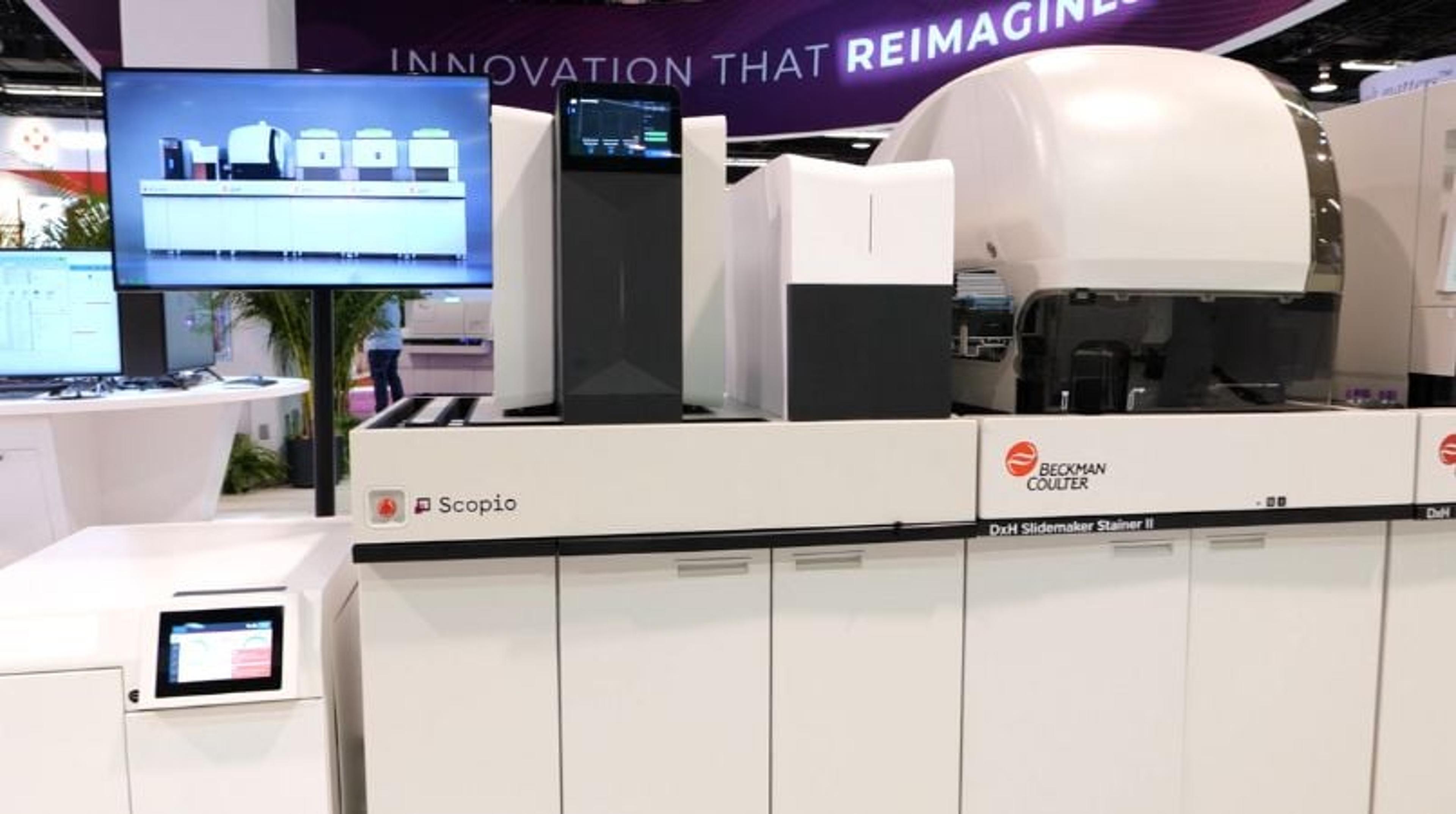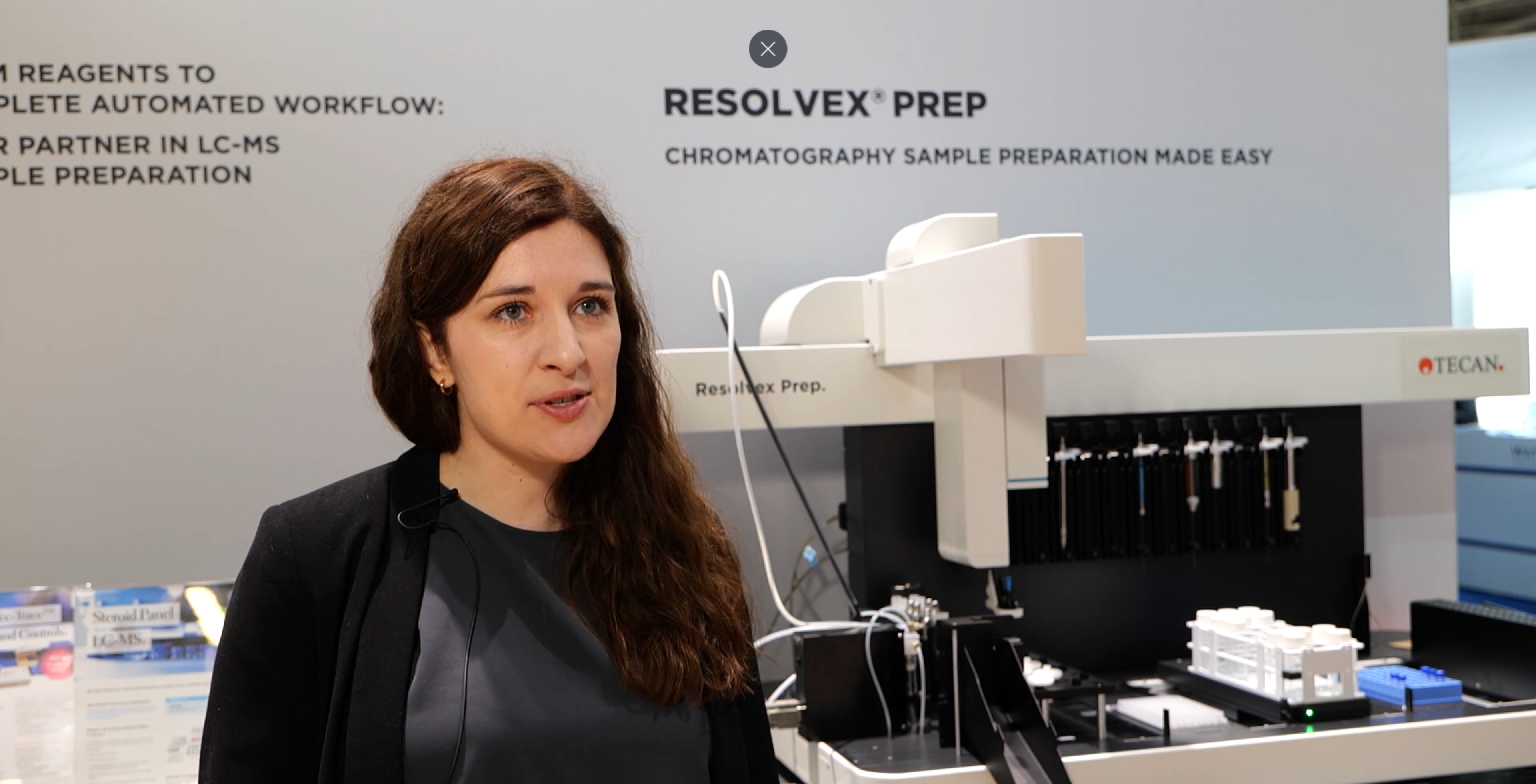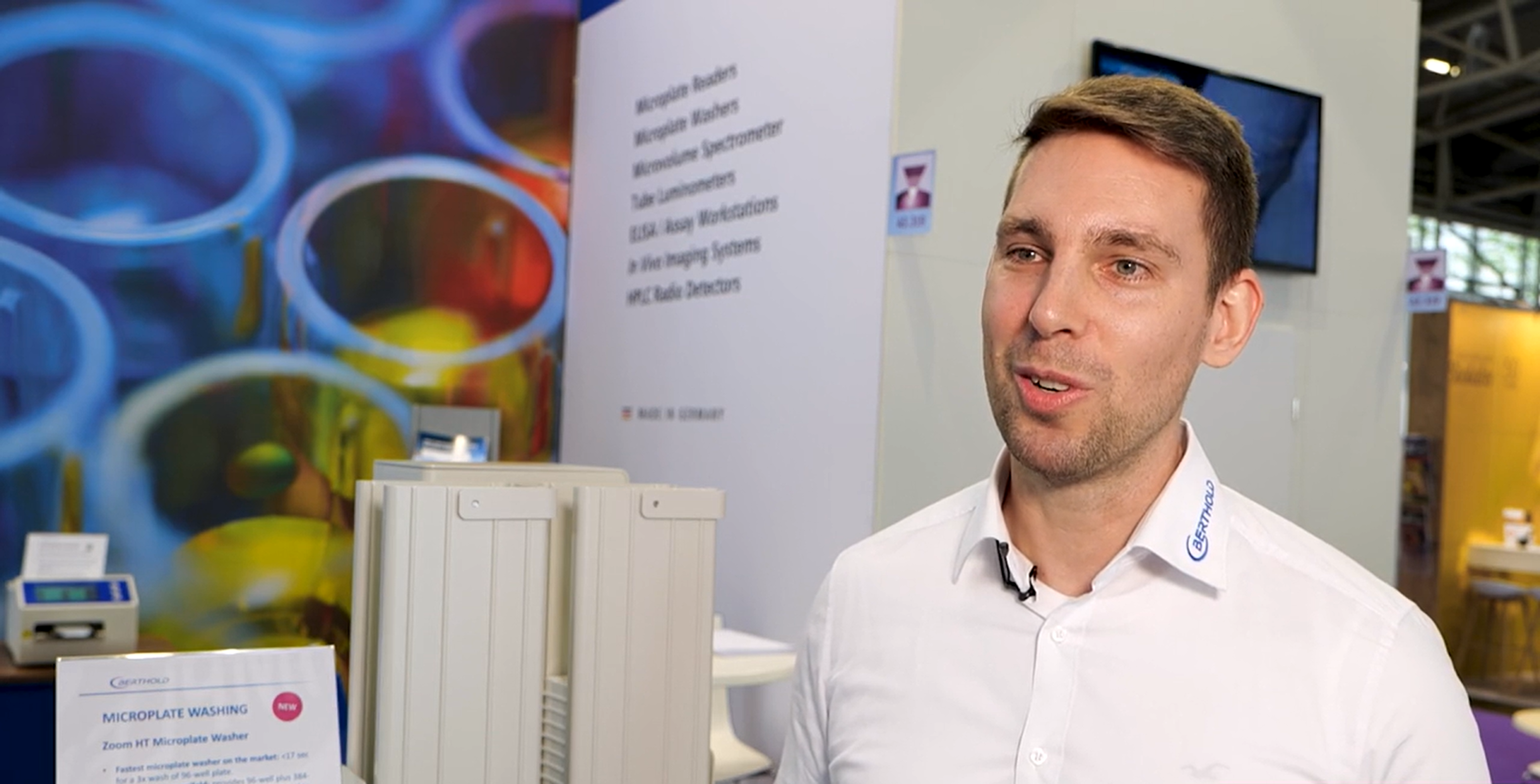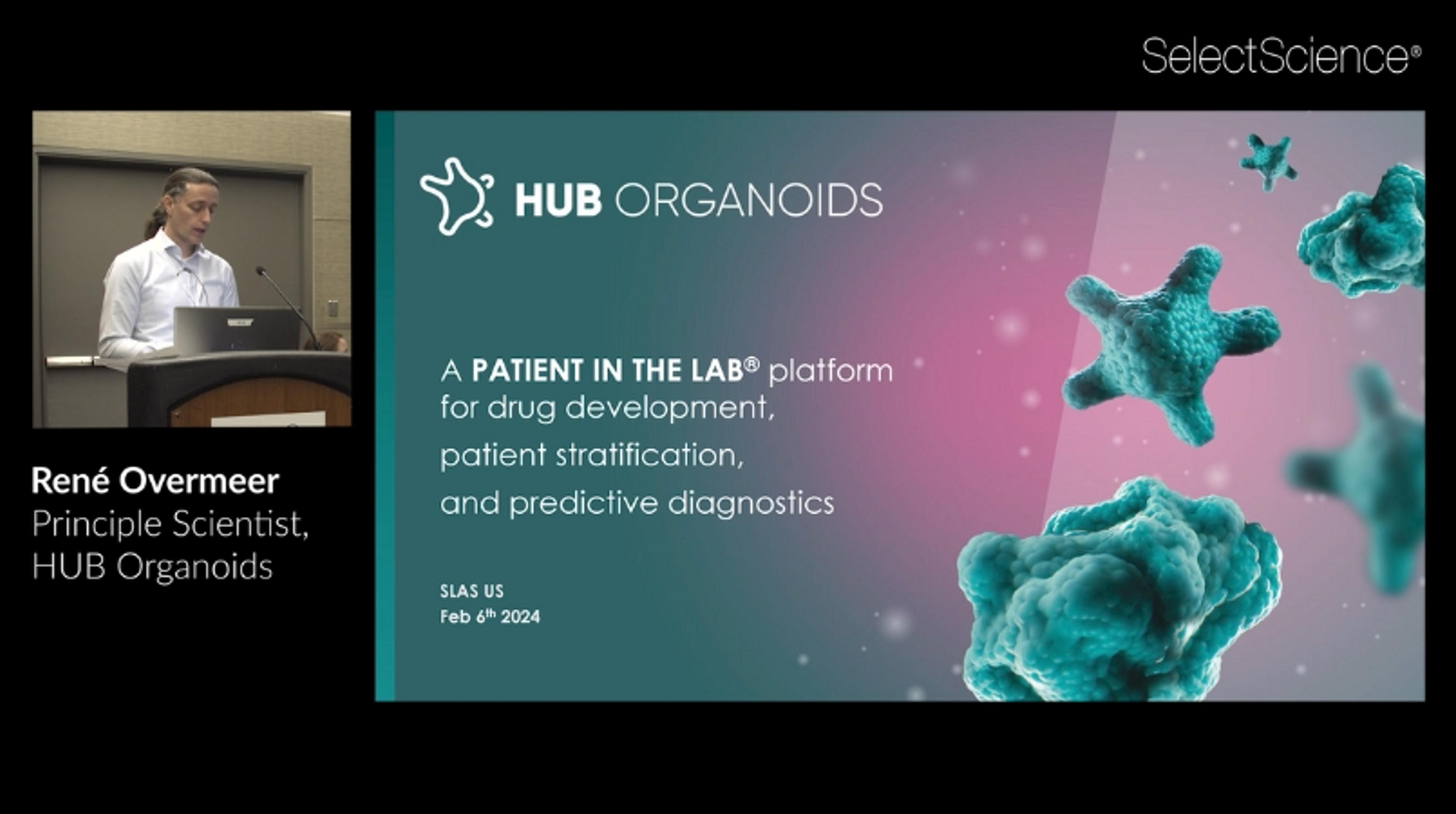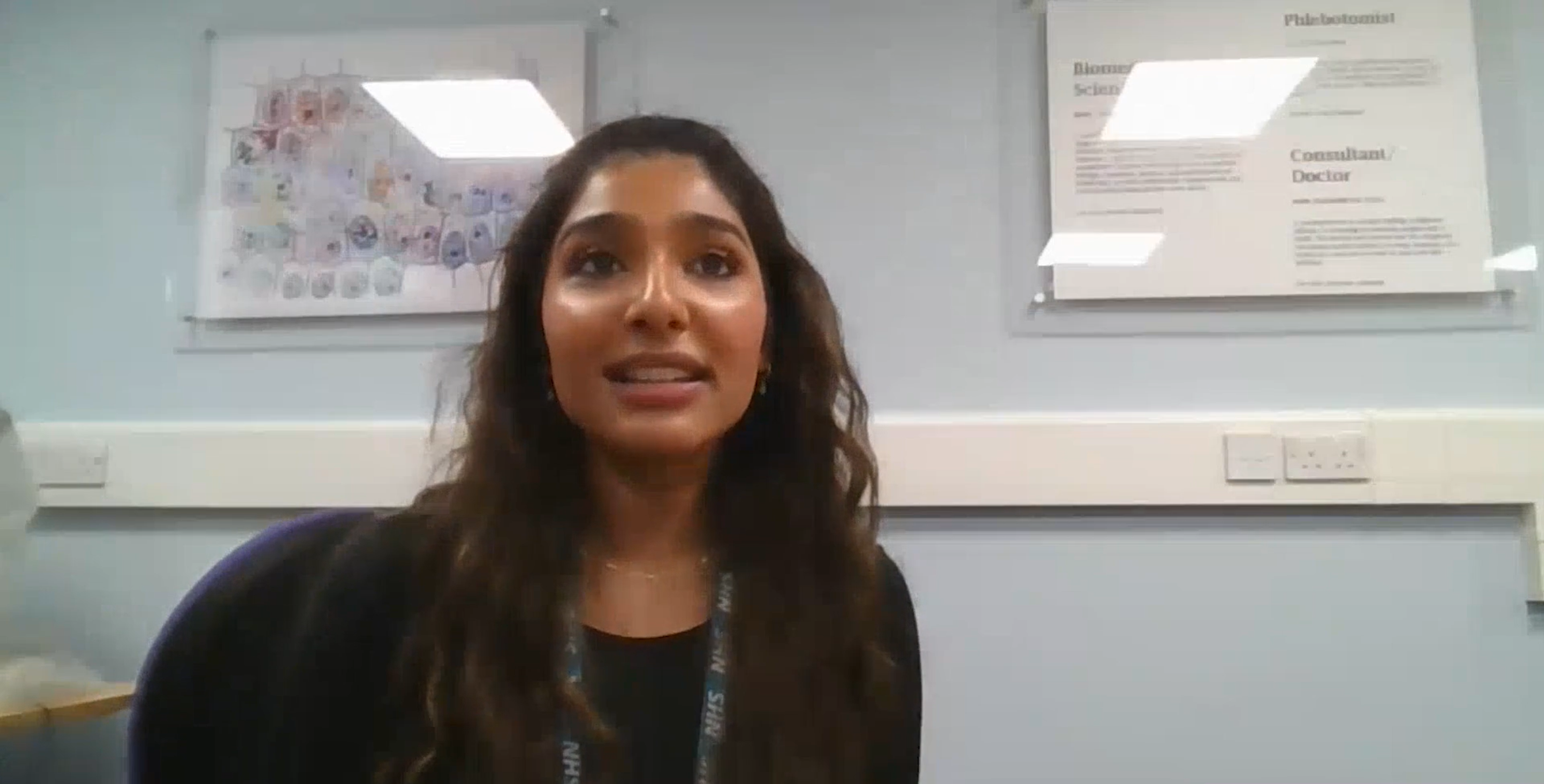SelectScience InterviewsClinical Diagnostics
The pivotal role of clinical diagnostics in the fight against antimicrobial resistance
23 May 2023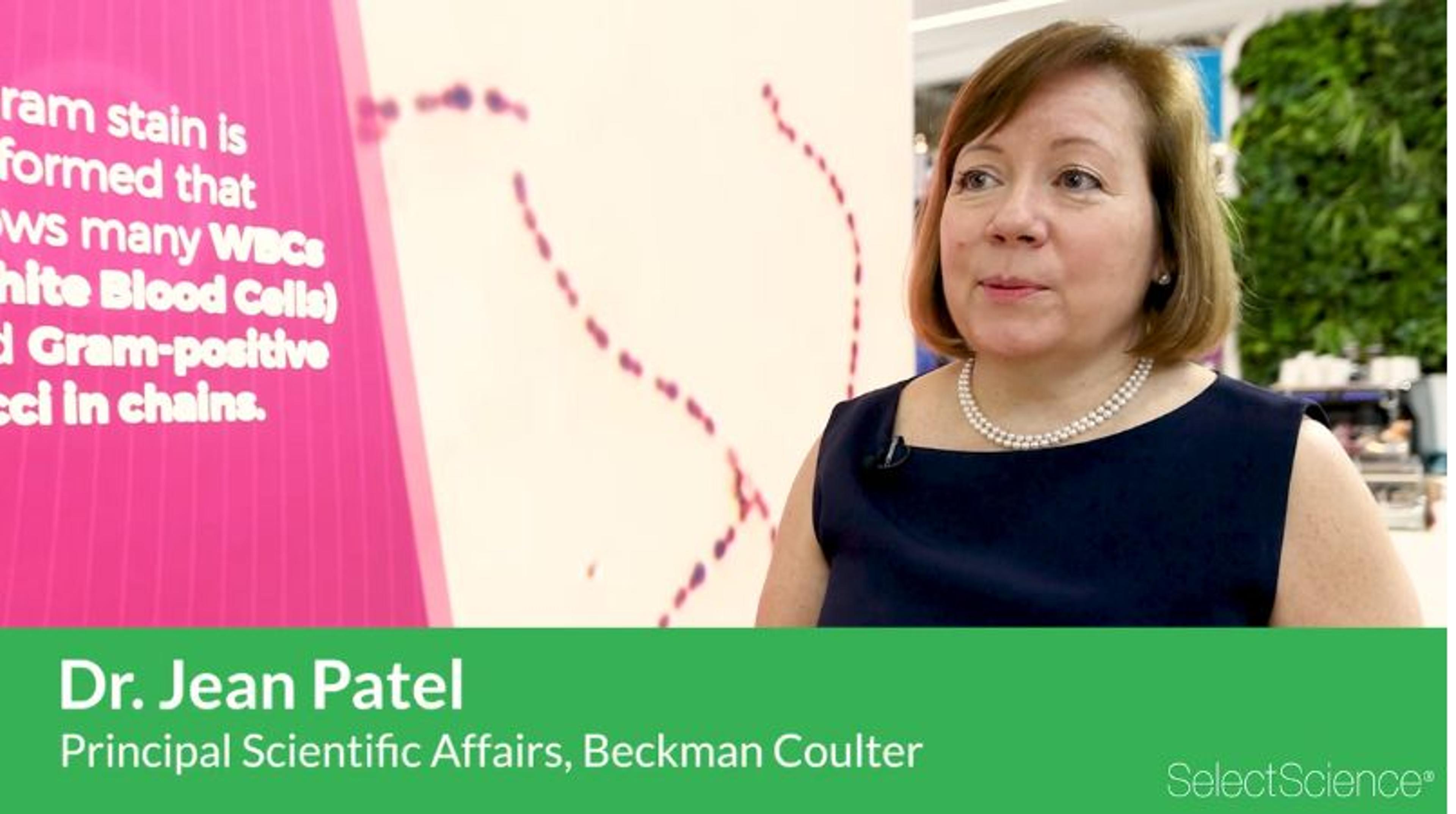
With infections becoming increasingly difficult to treat due to rising antimicrobial resistance, the importance of fast and accurate diagnostics has become paramount. In this video, Dr. Jean Patel highlights how Beckman Coulter is actively working to aid the fight against antimicrobial resistance through several key measures. These measures include the tracking of resistance patterns, ensuring that their diagnostic tools are relevant to the types of bacteria that are prevalent today, providing the most up-to-date drug menu list to its customers, having the correct breakpoints on its panels, and improving accuracy and turnaround times.
This video was filmed at ECCMID 2023, Copenhagen.

